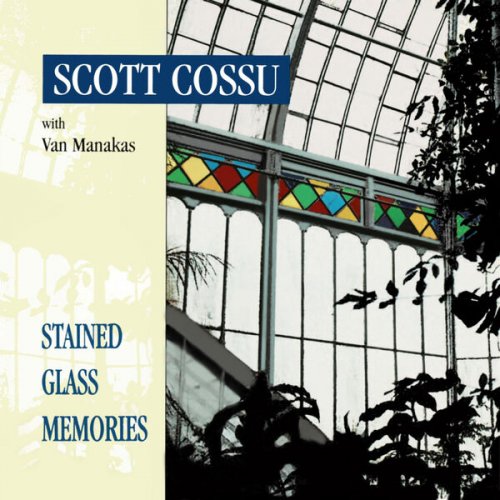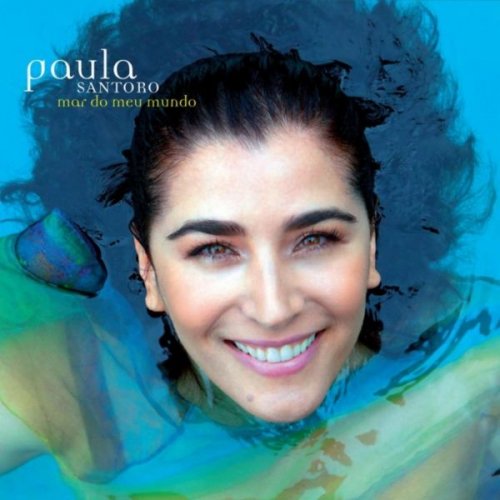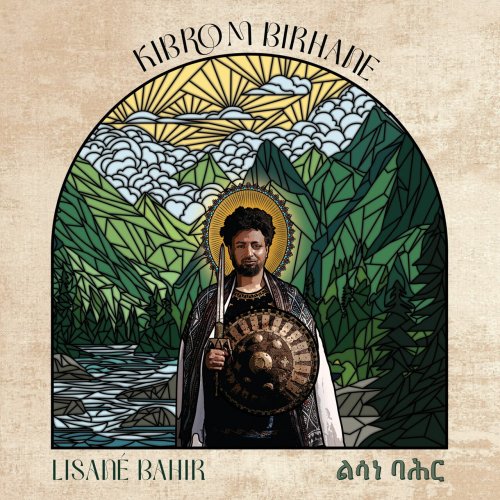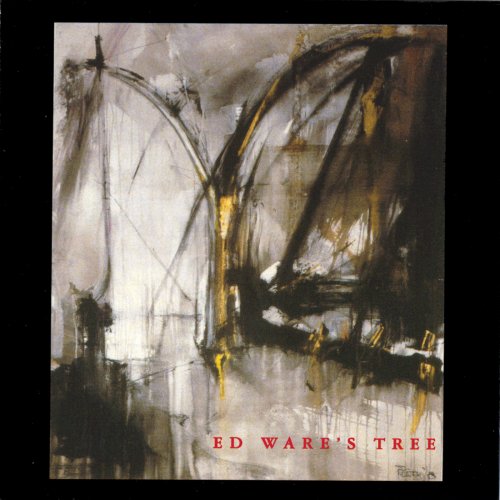Geoffroy Jourdain, Les Cris de Paris - Monteverdi, Rossi - Memento Mori (2013) [Hi-Res]
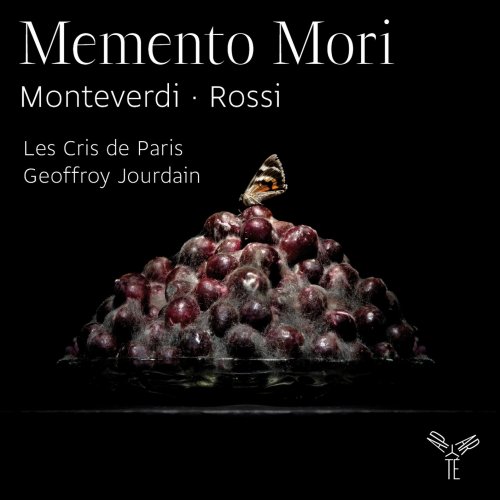
Artist: Geoffroy Jourdain, Les Cris de Paris
Title: Monteverdi, Rossi - Memento Mori
Year Of Release: 2013
Label: Aparté
Genre: Classical
Quality: flac lossless / flac 24bits - 48.0kHz +Booklet
Total Time: 01:03:41
Total Size: 338 / 685 mb
WebSite: Album Preview
TracklistTitle: Monteverdi, Rossi - Memento Mori
Year Of Release: 2013
Label: Aparté
Genre: Classical
Quality: flac lossless / flac 24bits - 48.0kHz +Booklet
Total Time: 01:03:41
Total Size: 338 / 685 mb
WebSite: Album Preview
01. Chi vol che m'innamori
02. Disperar di se stesso: I. Sinfonia
03. Disperar di se stesso: II. Disperar di se stesso (récit et trio)
04. Disperar di se stesso: III. Il nio niente è sempre niente
05. Disperar di se stesso: IV. Mai non nega a chi piange
06. Disperar di se stesso: V. Spargete sospiri (quatuor)
07. Disperar di se stesso: VI. Mirate là, sul Palesstin Giordano
08. Disperar di se stesso: VII. Io voglio morire (quatuor)
09. Disperar di se stesso: VIII. Innamoratevi d'esser dolenti (trio)
10. Disperar di se stesso: IX. Ultimo madrigale a 5. Allor che più pena
11. Lamento de la Maddalena
12. O cecità del misero mortale: I. Sinfonia
13. O cecità del misero mortale: II. O cecità del misero mortale (duo)
14. O cecità del misero mortale: III. Riconosciti una volta (trio)
15. O cecità del misero mortale: IV. Ahi che publico inganno (récit, duo et trio)
16. O cecità del misero mortale: V. Quel tratto poi di vita
17. O cecità del misero mortale: VI. Riconosciti una volta
18. O cecità del misero mortale: VII. Deh, rimira che seco
19. O cecità del misero mortale: VIII. Ultimo madrigale a 5. Non mi dir che sei stanco
![Geoffroy Jourdain, Les Cris de Paris - Monteverdi, Rossi - Memento Mori (2013) [Hi-Res]](https://www.dibpic.com/uploads/posts/2020-10/1603793326_geoffroy-jourdain-les-cris-de-paris-monteverdi-rossi-memento-mori-2013-back.jpg)
These 'moral cantatas' play on the 'affetti', ie they were used to heighten the devotional feelings of those attending sermons in Roman oratories, or prayer halls, in the early years of the 17th century. In these oratories informal meetings were held which used the vernacular (Italian instead of Latin) and in which music became a significant factor in attracting participants.
Those who commissioned such works [cardinals, popes, noble families] had long been aware of the attractive potential of secular genres. The ancient practices of laude, basso ostinato and lamenti, as well as popular new musical genres including opera, were able to flourish in the oratories as a vehicle for spiritual messages.
The booklet-essay raises doubts as to the attribution of these works to Rossi and supposes that they were probably written for a period of penance in the liturgical year, perhaps during Lent. In each of the works on this recording the alto vocal part usually taken by a contralto or falsetto voice is performed by a tenor: a personal, rather than musicological choice taken by Geoffroy Jourdain.

![Tomasz Stańko - Rue de la Tour (Polish Radio Sessions vol. 5/6) (2025) [Hi-Res] Tomasz Stańko - Rue de la Tour (Polish Radio Sessions vol. 5/6) (2025) [Hi-Res]](https://www.dibpic.com/uploads/posts/2025-12/1765796463_cover.jpg)

![Cornelius Claudio Kreusch - Scoop (2025) [Hi-Res] Cornelius Claudio Kreusch - Scoop (2025) [Hi-Res]](https://www.dibpic.com/uploads/posts/2025-12/1765893706_folder.jpg)
